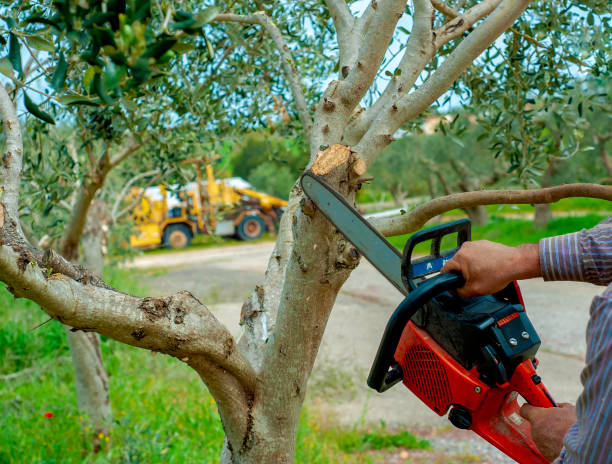Read The Following Tips For Improving Your Landscaping Skills
Designing the intricacies of a home can sometimes, seem like a daunting and overwhelming task to accomplish. People become discouraged when they even think of renovating the landscape of their home, yet if you know the basics of what you're doing, it isn't that hard to accomplish. Take a look through this article and see what you can learn about landscaping your home.
Make sure you plan thoroughly before you begin landscaping. It is a great idea to sketch out your landscaping design when it's still a plan, so you can get a good mental idea of what it is going to look like. Make notes of the plants, flowers, shrubs, etc. that you plan on using to improve your landscape.
Time your purchases in such a way that you save money. Buying lumber will be cheaper in the winter and trees, shrubbery and mulch are more affordable later in the season. Instead of buying new plants when they first appear, wait a year or two and let the prices fall.
When it comes to landscaping, the timing of your purchases can mean everything. Buying certain items during certain seasons can mean paying much less for those items. Make sure you are paying attention to sales, but at the same time, you must also make sure you are sticking with your plan as well.
Try to make sure that the height of your lawn is always between 2 and a half to 3 inches. Having your grass at this height will help protect it from sun and heat damage. Also, at this height, moisture will not evaporate as much as it would if it were taller.
When planning your home landscape projects, keep in mind that substantial savings can be found by purchasing outside peak seasonal periods. Purchase your trees, plants and mulch late in the planting season for the best sales. Wood, trim and building supplies for outdoor decks and improvements are often cheapest in the winter months since the demand is lower. If you have the ability to store supplies for a short while, you can save a bundle buying in the off-season.
Spend some time talking to a landscaper or gardener before you start landscaping. If you are new to landscaping, it's important to speak to professionals about any questions you have. Since they have more experience, they can give you advice on what not to do. Even if you have some prior knowledge they can give you advice from another perspective.
Go beyond simply searching for your products online and in catalogs. Botanical centers or arboretums sometimes sell plants, and there may even be people in your neighborhood who are interested in swapping perennials. Your city might be giving away free mulch or there could be a construction site that is looking for individuals to haul away bricks or stone.
When planning a landscaping project for your house, you need to know in what amounts of materials are sold and how much you'll need. This is important because you might not be able to visualize your project in cubic yards and do not want to risk buying too little or too much.
Use the Internet for finding money-saving offers. You can utilize the many online stores to find great deals on specialty products and rare plants. Not only is it going to be cheaper, but it is going to be easier and more convenient for you. Be aware of the shipping costs that may apply to your order.
Take a bit of time to research the right types of plants to use in your landscaping design. You can go to your local nursery or big-box home-improvement store and ask them questions about the plants they sell. Always keep in mind the growing requirements in your own yard when considering which plants to use.
Buy lumber for outdoor projects during the winter months. It is going to be cheaper than during the spring and summer months. You may also be able to find some really great deals on trees, soil, shrubs and other things by purchasing them off season while demand is low as well.
When hiring a professional landscaper, it is important to make sure they have a license, and liability insurance. You wouldn't want a tree to fall on your car, and not be able to collect for the damages! Always protect yourself, and your property by requiring proof of license, and insurance.
Consider what look you are trying to establish when building a walkway. For example, if you are trying to get a natural, rustic look, use flagstones and plant a low growing moss between the rock. For a more polished look you can use concrete walkways with formal plantings along the edge.
As you can see, changing the landscape of your home shouldn't have to seem like such a daunting task to accomplish. Anyone can make changes to their home, they just have to learn how. Apply the knowledge that you learned from this article and you should be happy with the change and experience of landscaping your home.

